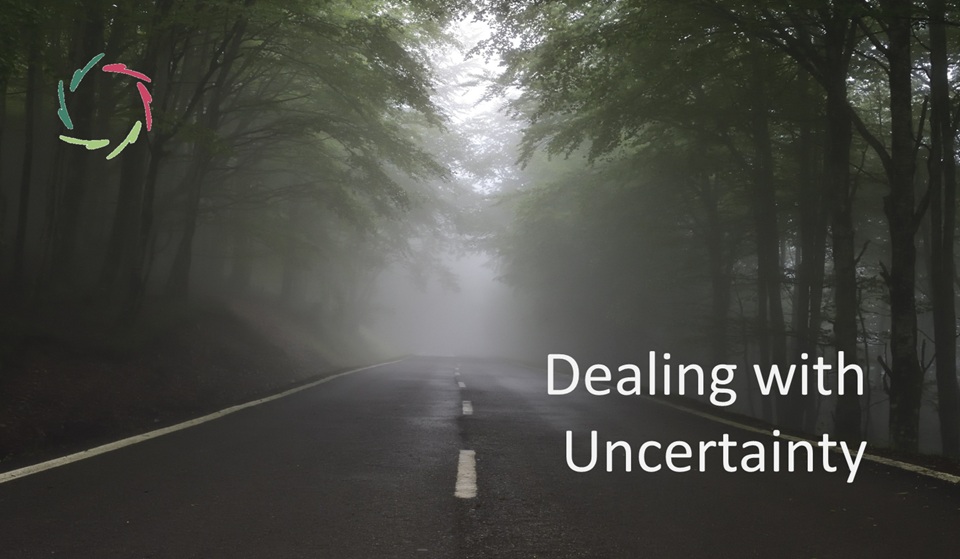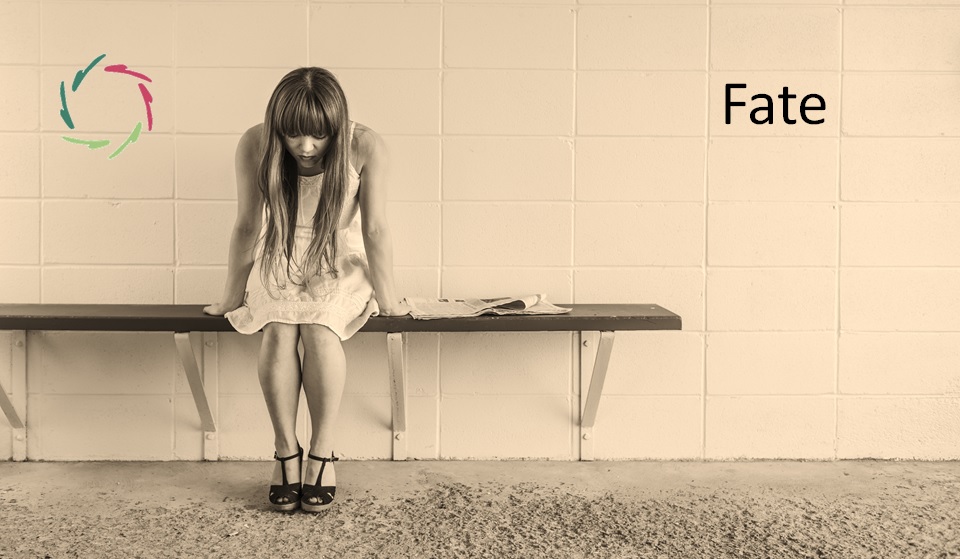Moral Injury

Moral injury overlaps pretty much with PTSD. The difference lies mainly in ‘moral.’ The injury sprouts from an existential loss of ethical trust. Can people (in general or any individual) still be seen as ‘good?’
Moral injury comes with moral sensitivity.
This comes with cognitive and emotional complexity, making human beings more prone to moral injury than other animals who can suffer from PTSD. Moral injury supersedes other forms of post-traumatic stress in the level of guilt, shame, and ethical disorientation ― either or not consciously felt.
It can but doesn’t need to stem from violence inflicted on oneself. Moral injury can be caused by witnessing aggression to others.
Many people are suffering from this.
Causes can be very diverse, such as:
- Even if physically uninjured, many soldiers can get morally injured by witnessing war atrocities. These atrocities can be committed against fellow soldiers or by fellow soldiers against civilians or army men from the other side. Staying unmoved by any such horror is not a humane characteristic. Seeing the immense suffering of others as senseless – which it mostly is in any war – can badly wring the moral compass. This suffering includes the moral injuries themselves.
- Children can get morally injured through experiences with parents who have themselves been injured. This way, moral injury can last for generations.
- By witnessing someone being bullied at school, self-doubt may aggravate the felt moral injury, such as by the idea of not having dared to intervene when one witnessed the bullying.
- The moral injury of a midlife crisis can be the consequence of leading a life that one sees as unfulfilling, therefore, morally degrading. Feeling trapped in a personal meaning crisis, one is in the middle of the injury. The high dreams of childhood have been betrayed. Life itself has become a charade, and escape is hardly an option.
- Personally, I suffer (not too heavily) from a moral injury due to how COVID-19 has been handled worldwide ― enough to write a book about it.
A moral injury doesn’t make one a bad person.
This is obvious, yet not so evidently to many injured ones themselves. Notoriously, a raped woman can start feeling morally bad on top of being morally injured. The double injustice stems from a human predicament ― but not a necessary one.
One doesn’t become a bad person through moral injury, although it can turn that way. We already saw an intergenerational aspect. Also, a resulting inner emptiness can draw much guilt and shame within the morally injured. Overcompensation brings little relief while it may be the source of another moral injury ― to oneself or others.
Who, then, is guilty? In my view, nobody, but there is a responsibility to take. Suffering from a moral injury is always being a victim — even if the cause of the atrocity lies with oneself. In that case, one is the perpetrator and victim simultaneously. This calls for responsibility and coaching.
Consequences
As diverse as the causes may be, they ultimately reside at the symbolic level and can, therefore, all have grave consequences.
Moral injury can lead to any kind of psychosomatic suffering, with immense costs to individuals and society. We still don’t know how huge is the gap of not-knowing. Also, people can suffer for a very long time. Moral injury is the condition of a burdened soul. It is the soul that got injured, which is why it can easily last a lifetime.
As with other forms of PTSD, repeatedly coming into contact with the issue, even indirectly or in a nightmare, can repeatedly reopen the wound. (I know. I’m being there.)
In a very bad case, without existential trust, there is no life to live, only a waiting for death. No wonder moral injury can and probably frequently does lead to suicidal proneness.
Healing and atonement
A moral injury can be a source of mental growth if well-supported. The very act of overcoming the injury can bring together broken parts into a new whole that brings surprisingly new possibilities.
Something of the injury stays, forming part of a bigger whole, a total human being who – in the best-case scenario – also finds new ways of healing others. The cause of the injury itself may become, one way or the other, a seed for good, whereby the bad can be atoned.
This way, the injury may become food for a better, healthier, more vigorous life ― with morality regained and even deepened.
That said, of course, there’s nothing easy about it. It may stem one optimistically, but there is work to be done. Shall I mention AURELIS coaching?


